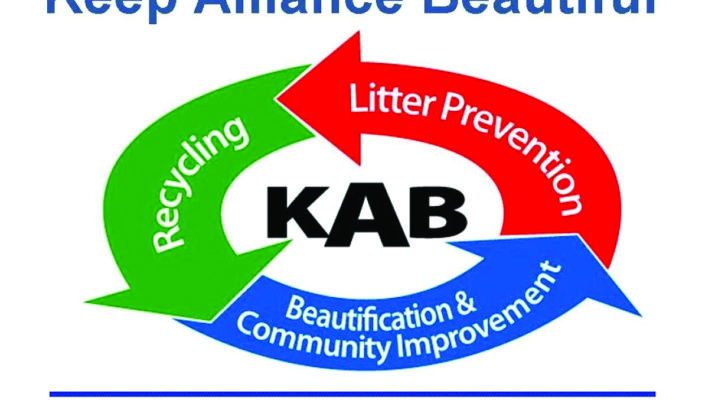Today is payday. The check will make its way to the bank and be represented on the income side of our family budget. Whether planned for specifically ahead of time or not, everyone has expenses as well. While available funds may dictate purchase choices there are other factors that influence consumers. Corporations and retailers increasingly provide environmentally friendlier offerings that have become more popular with shoppers.
Choices that are kinder to the Earth and its resources come easy in regards to routine purchases such as food and other staples. People do their homework as to the benefits of buying organic, checking to see how much of a package is recycled content and whether they can recycle it again as well as buying as local as possible to reduce carbon footprint. Then there are purchases with years in between, such as deciding on a used pickup or a new electric car.
My curiosity settled on products only necessary during a certain season of life. Over the course of months or years a person still has an opportunity to make a difference for the environment though choices are not always cut and dried. Diapers are one example.
Nearly a decade has passed since our household finished with diapers. We favored cloth over disposables. Expense was a driving factor as well as drawing on family tradition. I also assumed, as we continued to reuse the same diapers for months, that it was good for the environment. An article by Green America, “Go Green With Cloth Diapers”, concures though it also points out some disposables have stepped up their product with one company’s diapers “made of GMO-free plant-based plastics and are 70 percent biodegradable.” The article notes that most disposables are no more than 40 percent biodegradable and that Americans throw away 27.5 billion disposable diapers a year – 4.15 million tons went into landfills in 2017. Once there they can take 500 years to decompose.
Environmental considerations reach back to how any product’s components were sourced. Therefore, cloth diapers made from organic cotton are best to avoid pesticides and other chemicals that would have been applied. An article posted by Vanessa Tomchik on lighthousekidscompany.com examines the manufacture of both options. Cloth diapers reduce the demand for raw materials such as plastic and wood pulp needed for disposables. And even though washing cloth diapers takes water and electricity there is still a lower impact – “By using cloth diapers, you can save about 50,000 gallons of water and reduce your household energy consumption significantly.”
Cloth diapers can also be used for more than one child in a family before being turned into rags and even these take less than a year to decompose.
Opting to go with cloth diapers with your first baby is more complicated than buying a box of disposables, however for the cost-saving, environmental and other benefits I suggest interested parents do their research and talk to someone localwith experience.

